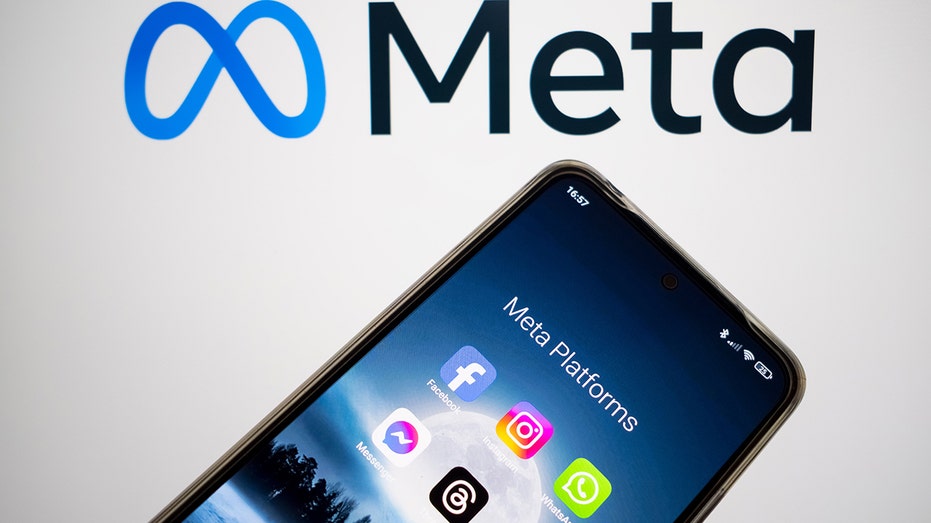📰 Update your iPhone now: iOS 18.6 fixes 29 security flaws

The article highlights the importance of updating to iOS 18.6 for enhanced security on iPhones. The update addresses 29 security vulnerabilities, particularly in Safari and WebKit, providing defense against potential threats. Specific fixes include preventing sensitive data exposure from malicious sites and addressing vulnerabilities in key iOS frameworks like CoreMedia and CoreAudio. One significant concern was a bug that could read passcodes aloud and another that could trick users with address bar spoofing. Experts recommend immediate updating to mitigate risks, as delaying could leave devices vulnerable to attacks. Antivirus protection is also emphasized as an additional defense layer against malware and hidden threats between iOS updates.
📰 Woman uses Neuralink to write name with her mind

Audrey Crews, a participant in Neuralink’s PRIME Study, used a brain chip implanted in her motor cortex to write her name on a laptop screen using only her thoughts. The chip, about the size of a quarter, doesn’t restore movement but provides digital autonomy. Crews’ achievement went viral, with Elon Musk acknowledging it and highlighting the potential of brain-computer interface (BCI) technology. Neuralink, founded by Musk in 2016, aims to help individuals with neurological conditions connect with the digital world through BCIs controlled by thoughts. Another participant, Nick Wray, with ALS, also experienced increased digital autonomy through the brain chip, showing the transformative potential of the technology. The article highlights the advancements in human-machine connections and invites global participation in Neuralink’s trials to shape the future of brain-computer interfaces.
📰 Fox News AI Newsletter: Your own personal ‘superintelligence’

Meta CEO Mark Zuckerberg announced a new focus on developing personal superintelligence for everyone to enhance creativity and leisure. Nvidia denied claims of “backdoors” in their chips after China raised security concerns about the H20 AI chip. Microsoft reached a $4 trillion market cap, joining Nvidia as the only two companies at this level. The Trump administration’s DOGE developed an AI tool to review federal regulations for potential elimination. A video of a Unitree H1 humanoid robot malfunctioning during a test raised concerns about the safety of advanced robotics. The use of AI in legal research led to errors in court filings, highlighting the challenges of AI in the legal field. OpenAI’s ChatGPT agent can now assist with tasks like trip planning, email management, and code running. The Trump administration views AI as crucial for American power and prosperity, akin to the space race or nuclear age. Rising AI electricity demand is contributing to high electricity bills. The article emphasizes the increasing importance of AI in various aspects of society and the potential challenges it brings.
📰 Meta adds teen safety features to Instagram, Facebook

The article discusses the rising concerns about online safety for children due to increased social media use. Meta has introduced new features on Facebook and Instagram to protect teens from predators. These features include identifying predatory accounts and making it easier for teens to report suspicious activity. Meta has enhanced direct messaging protections, providing safety tips for teens and tools to detect misrepresentation of age. The platform has also made algorithm changes to reduce the visibility of content that may attract predators. Meta has removed over 600,000 accounts for predatory behavior, demonstrating its commitment to online safety for children. Parents are encouraged to stay informed about their teens’ online activities and engage in conversations about online safety. The article emphasizes the importance of platforms taking proactive measures to protect teens and create a safer online environment.
📰 Facebook crypto ads lead to dangerous malware scams

The article discusses how Facebook’s user data is exploited by malicious actors through a malvertising campaign. The attackers create deceptive ads imitating popular cryptocurrency brands and celebrities to lure victims into downloading malware disguised as desktop clients. The scammers use advanced techniques to evade detection, such as launching silent servers on victims’ devices and filtering out automated tools. The attackers target specific demographics and geographies, tailoring their campaigns accordingly. The article emphasizes the importance of staying vigilant against online scams, verifying the authenticity of ads, using strong antivirus software, and employing security measures like two-factor authentication. It also highlights the need for social media platforms like Facebook to enhance their efforts in combating such threats to maintain user trust and advertiser confidence.
0개의 댓글